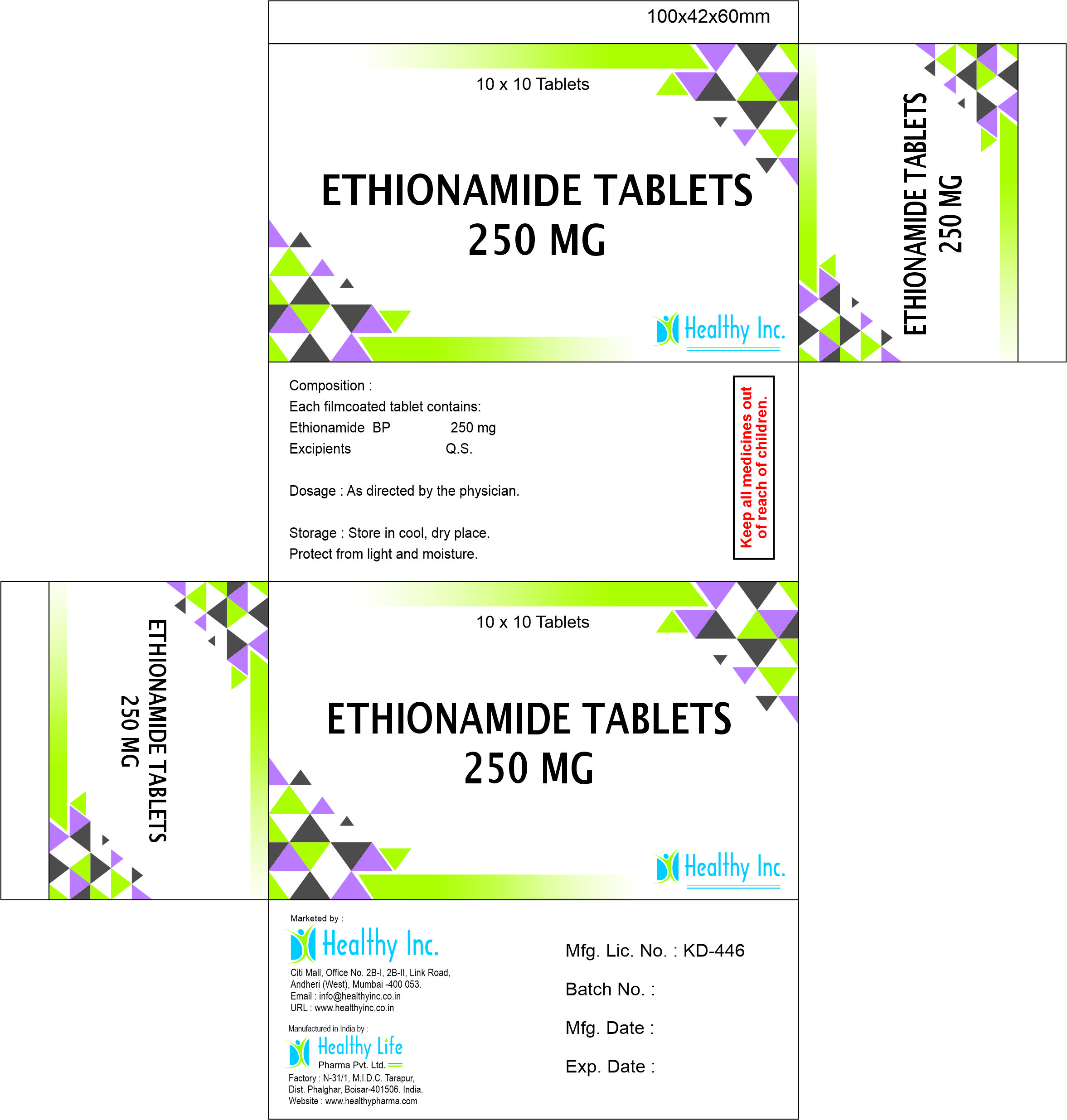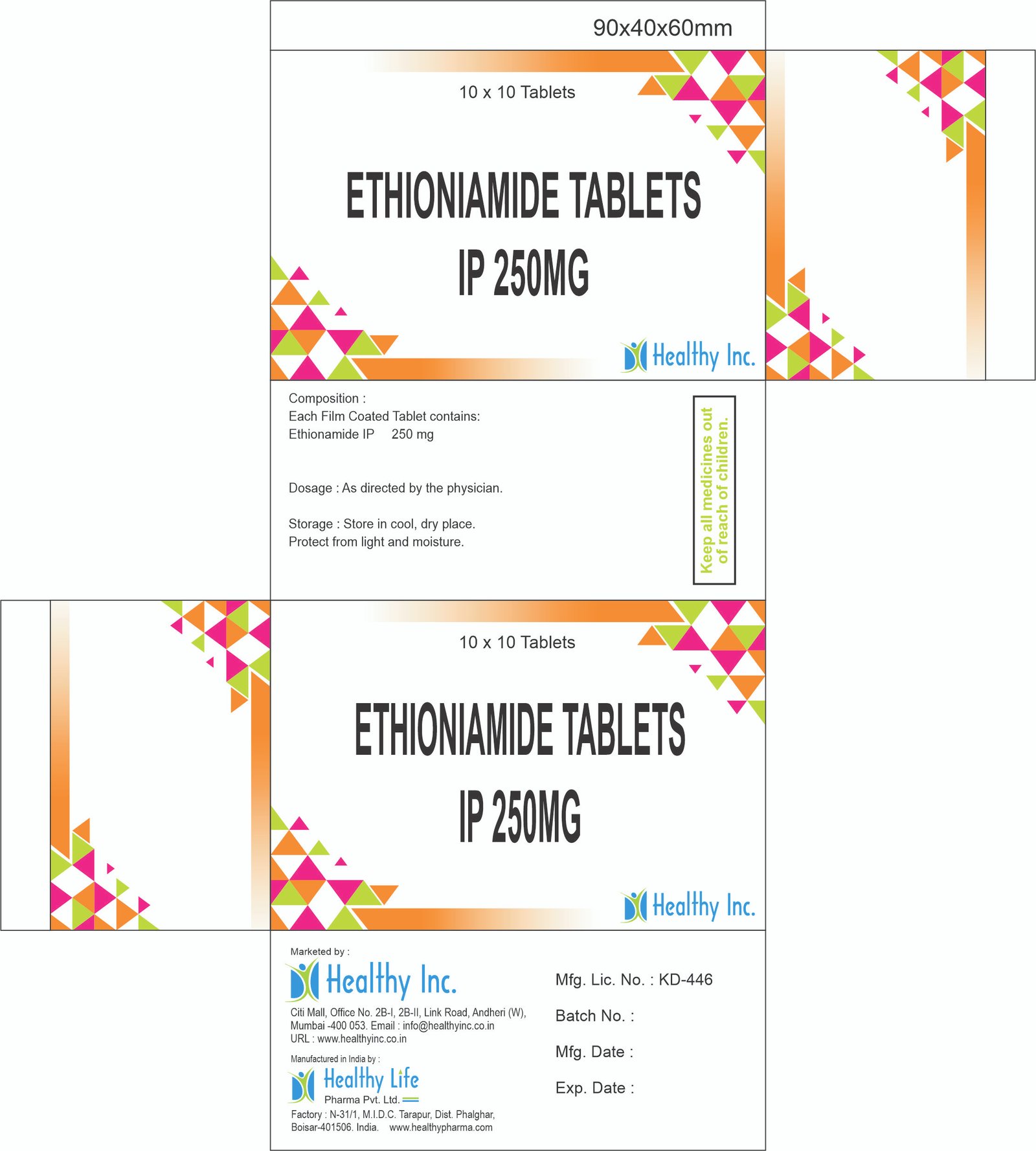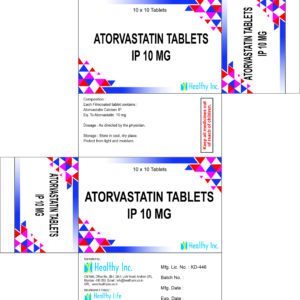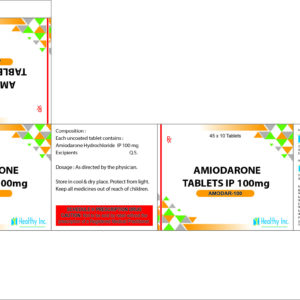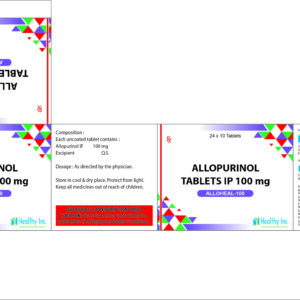Description
Ethionamide Tablets (250mg)
Manufactured by: Healthy Life Pharma Pvt. Ltd. (WHO-GMP Certified)
Exported by: Healthy Inc (Star Export House)
1. Product Introduction
Healthy Life Pharma Pvt. Ltd. is a specialized Manufacturer of Ethionamide Tablets in India. Ethionamide is a vital Second-Line Anti-Tuberculosis Agent used primarily for the treatment of Multi-Drug Resistant Tuberculosis (MDR-TB). It is structurally similar to Isoniazid but remains effective against mycobacteria that have developed resistance to primary drugs. It is almost always prescribed as part of a combination regimen (DOTS-Plus) to prevent further resistance.
We offer Contract Manufacturing (Third Party) services for this critical reserve antibiotic. Ethionamide has a distinct sulfurous odor and is known to cause significant gastric irritation. Our WHO-GMP certified facility in Mumbai utilizes advanced Sugar Coating or Flavor-Masked Film Coating technologies to lock in the odor and improve patient compliance, which is often a major challenge in long-term MDR-TB therapy. Healthy Inc manages the export logistics, supplying National TB Control Programs (NTPs), Global Fund tenders, and NGOs across Africa, the CIS region, and Southeast Asia.
2. Product Specifications
| Parameter | Specification |
| Product Name | Ethionamide Tablets |
| Generic Name | Ethionamide Tablets USP / BP / IP |
| CAS Number | 536-33-4 |
| Strength | 250mg |
| Dosage Form | Sugar Coated or Film Coated Tablet (Yellow / Orange) |
| Standard | USP / BP / IP Compliant |
| Therapeutic Class | Anti-Tuberculosis (Second Line) |
| Shelf Life | 36 Months |
| Packaging | 10×10 Blister / 100s, 1000s Bottle |
3. Manufacturing Technology
Improving compliance in tough treatments.
The Manufacturer: Healthy Life Pharma Pvt. Ltd.
Odor Masking: Ethionamide naturally emits a strong sulfide smell. We use specialized sealing coats during the tablet coating process to contain this odor, preventing the “rotten egg” smell that discourages patients from taking their daily dose.
Gastric Tolerance: To mitigate the severe nausea associated with this drug, we formulate the tablet to disintegrate effectively while using excipients that minimize direct contact irritation with the stomach lining.
High-Volume Production: As MDR-TB rates rise, we have scaled up our capacity to meet large international tender requirements with short lead times.
The Exporter: Healthy Inc
Protocol Compliance: We supply products that meet the stringent specifications required by international procurement agencies (like the Stop TB Partnership) for second-line drugs.
4. Quality Assurance
We adhere to strict Pharmacopoeial standards:
Dissolution: We test release profiles to ensure >75% of the drug releases within 45 minutes.
Assay: We confirm the potency is strictly within 90-110% of the label claim.
Impurity Profiling: We strictly monitor for degradation products to ensure safety over the 3-year shelf life.
5. Why Use Ethionamide?
The backup when first-line drugs fail.
Mechanism: Ethionamide is a prodrug activated by the bacterial enzyme EthA. It inhibits the enzyme InhA, which is involved in mycolic acid synthesis (a key component of the TB cell wall). Although it targets the same pathway as Isoniazid, it does so differently, meaning there is often no cross-resistance.
Key Indications:
MDR-TB: Treatment of tuberculosis resistant to Isoniazid and Rifampicin.
Leprosy: Occasionally used as a substitute drug in leprosy treatment.
6. Export and Regulatory Support
We streamline the registration process for our B2B partners:
Dossier Support: We offer CTD and ACTD Dossiers for quick registration.
Certificates: Free Sale Certificate (FSC), COPP (WHO-GMP), and COA.
Logistics: Efficient shipping via Air or Sea (FOB Mumbai / CIF).
7. Frequently Asked Questions
Q: Who manufactures Ethionamide Tablets?
A: Healthy Life Pharma Pvt. Ltd. manufactures them in India.
Q: Is it Trecator?
A: Trecator is the brand name (Wyeth/Pfizer). We manufacture the Generic Equivalent (Ethionamide).
Q: Why does it make me feel sick?
A: Nausea is very common. It is the most difficult side effect of this drug. Taking it with a light meal or at bedtime can help. Doctors often prescribe anti-nausea meds (like Ondansetron) with it.
Q: Can I drink alcohol?
A: NO. Avoid alcohol completely. Ethionamide can cause psychotic reactions or liver damage if combined with alcohol.
CLINICAL PHARMACOLOGY & SAFETY INFORMATION
(For Registered Medical Practitioners & Patient Reference)
8. Dosage and Administration
Adults: 15-20 mg/kg/day (usually 500mg to 750mg daily).
Regimen: Administered in divided doses (e.g., 250mg two or three times daily) to reduce stomach upset.
Administration: Take with food to minimize gastric irritation. Vitamin B6 (Pyridoxine) should always be co-prescribed to prevent nerve damage.
9. Side Effects and Precautions
Gastrointestinal: Severe nausea, vomiting, metallic taste, excessive salivation.
Hepatotoxicity: Liver damage is possible. Monitor LFTs monthly.
Neurotoxicity: Peripheral neuropathy (numbness) and psychiatric disturbances (depression/anxiety). Pyridoxine (Vit B6) helps prevent this.
Hypoglycemia: Can lower blood sugar levels in diabetics.
10. Storage Instructions
Store below 25°C in a dry place.
Keep container tightly closed.




